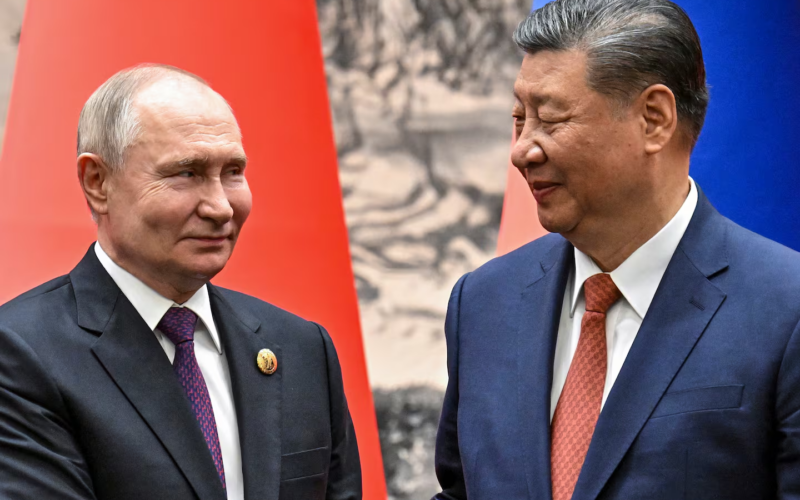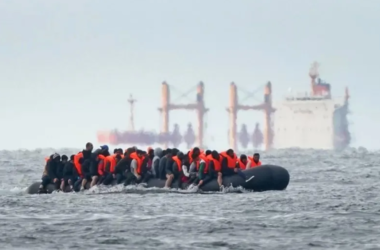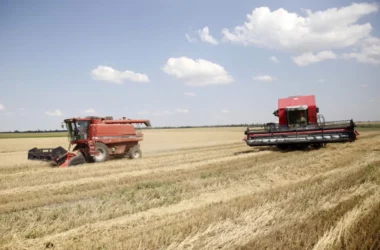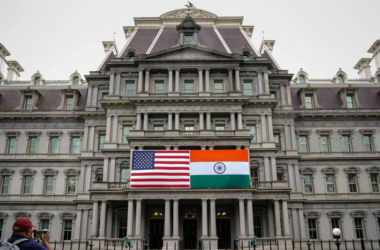Russian President Vladimir Putin and Chinese President Xi Jinping are leading a significant regional summit in Central Asia on Thursday, marked by a strong stance against Western influence. The event is taking place under the auspices of the Shanghai Cooperation Organization (SCO) in Astana, Kazakhstan.
The SCO, a political, economic, and security alliance, includes China, India, Iran, Russia, and several former Soviet Central Asian states. The latest session brings together leaders who share critical views of the Western-led international order. Turkey’s President Recep Tayyip Erdogan, whose country is a “dialogue partner” of the SCO, is also participating.
Putin and Xi, who frequently meet within the SCO framework, held bilateral discussions on Wednesday before the main summit. Putin praised the alliance for becoming “one of the key pillars of a fair multipolar world order,” reflecting their mutual opposition to perceived U.S. hegemony. Xi, under scrutiny from the West for his increasing alignment with Moscow, expressed pleasure at reuniting with his “old friend” Putin.
Erdogan also had discussions with Putin, advocating for a “fair peace” in the ongoing Ukraine conflict. Turkey has actively sought to mediate between Ukraine and Russia.
Indian Prime Minister Narendra Modi is notably absent from the summit.
The SCO, founded in 2001, aims to enhance cooperation among its members as a counterbalance to Western influence, emphasizing security and economic collaboration. Belarus, set to become the 10th full member on Thursday, joins the alliance a year after Iran was admitted. Both countries face Western sanctions for their respective roles in supporting Russia’s actions in Ukraine.
Belarusian President Alexander Lukashenko lauded the SCO in a recent interview, describing it as a demonstration of “alternative international platforms” and diverse centers of power. The SCO claims to represent 40% of the global population and about 30% of global GDP, though it encompasses a diverse group with internal disagreements, including territorial disputes.
Despite their unified opposition to Western dominance, Russia and China have competing economic interests in Central Asia. This resource-rich region, pivotal for oil and gas and a crucial transit route between Asia and Europe, has seen increased attention from major powers due to the ongoing geopolitical shifts.
The summit also includes participation from Gulf states, reflecting its growing geopolitical significance. United Nations Secretary-General António Guterres is set to address the delegates, highlighting the summit’s importance.
Afghanistan, which holds observer status in the SCO, remains a significant topic of discussion. Since the Taliban’s takeover in 2021, the country has not been represented at SCO meetings. Although no member state has officially recognized the Taliban government, China has appointed an ambassador to Kabul, and Kazakhstan has removed the Taliban from its list of banned organizations. Russia has indicated it might follow suit.
A primary focus of the SCO is fostering economic ties and developing large-scale infrastructure projects linking China and Europe through Central Asia. The conflict in Ukraine has heightened interest in the region, with Western sanctions against Russia disrupting traditional transport routes and prompting the European Union to explore alternatives through Central Asia.
In this context, the SCO summit underscores the complex dynamics of global power shifts, with Central Asia emerging as a critical arena for strategic and economic competition between the East and the West.








